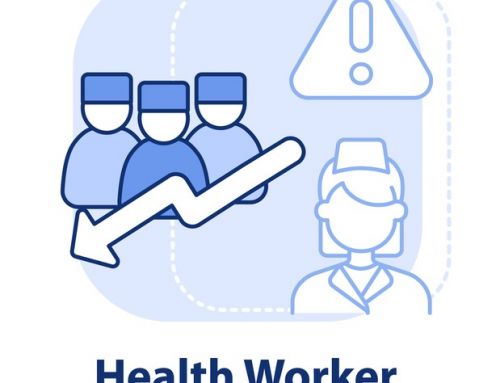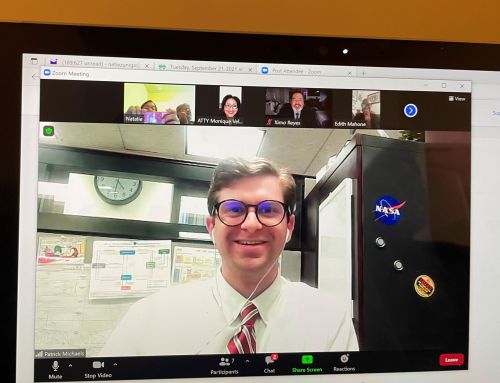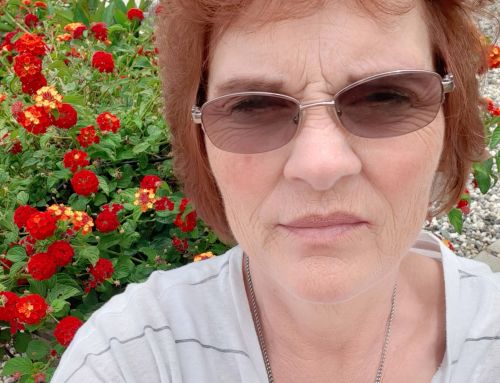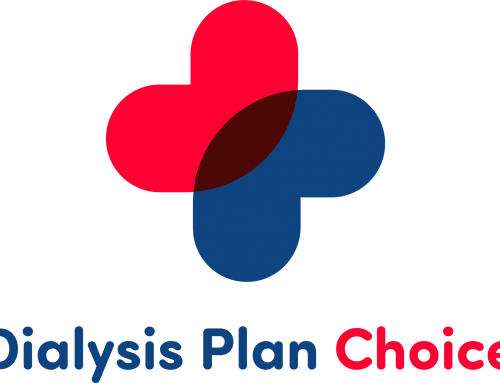Justin Senior
State Medicaid Director
Agency for Health Care Administration
2727 Mahan Drive, MS #8
Tallahassee, Florida 32308
Re: Extension of Florida’s Managed Medical Assistance (MMA) Waiver (Project Number 11-
W-00206/4)
Dear Mr. Senior:
Dialysis Patient Citizens (DPC) appreciates the opportunity to provide the Agency for Health Care Administration with comments on extension of the managed care waiver. As America’s largest patient-led organization representing dialysis patients, DPC’s membership consists of more than 26,000 end stage renal disease (ESRD) patients and their families. We seek to ensure the patient point of view is considered by policy makers on a wide range of issues so forward progress continues in the quality of care and life for all dialysis patients.
DPC’s mission is to improve the quality of life of dialysis patients by engaging policy makers, providers and the public. Through patient education, empowerment and advocacy, we work to increase awareness about kidney disease and promote favorable public policy. However, improving quality of life for patients can only go so far without improving the quality of care patients receive. DPC knows that a diagnosis of ERSD does not mean the end of life. Dialysis patients can lead long and productive lives because Congress and states have shown commitment to ensuring patients have access to quality kidney care.
According to U.S. Renal Data System, about 32 percent of dialysis patients are dually eligible for Medicare and Medicaid. As with all patients in the duals population, ESRD patients are vulnerable to receiving disjointed and inefficient care. We hope that scaling up Medicaid managed care in Florida will be an avenue to improving their care by making it more effective and patient-centered.
Medicaid laws and regulations permit nominal co-payments. However, dialysis patients are obligated to spend much more time with providers than the average beneficiary. They require three treatments every week. As such, co-pays assessed per visit to a physician or dialysis clinic, or per trip to and from dialysis treatment, can quickly add up to a substantial amount. Unlike services such as emergency rooms, there is no risk of these treatments being inappropriately used. We urge that managed care organizations be prohibited from charging copayments on a per dialysis treatment basis or for transportation to and from dialysis treatments.
Patients should also be guaranteed access to their choice of nearby dialysis clinics. One advantage of Medicare’s administered pricing system is that facilities must compete on the basis of quality, convenience and patient experience. We understand that managed care contemplates the ability of a health plan to limit its network based on its judgment of quality and efficiency. But patients should have a choice of health plans that encompasses a choice of dialysis facilities, if not within a plan then at the very least when choosing among plans.
Finally, it is sometimes overlooked that waivers under Section 1115 are for “demonstrations” and demonstration projects are supposed to be evaluated. We hope the Agency will closely monitor implementation as it impacts the ESRD population and commission a rigorous evaluation to determine whether outcomes for dialysis patients are improving in the managed care setting.
Thank you again for your consideration of our comments and concerns. If you have any questions or would like additional information, please do not hesitate to contact me or our Government Affairs Director Jackson Williams.
Sincerely,
Hrant Jamgochian, J.D., LL.M.
Executive Director






















